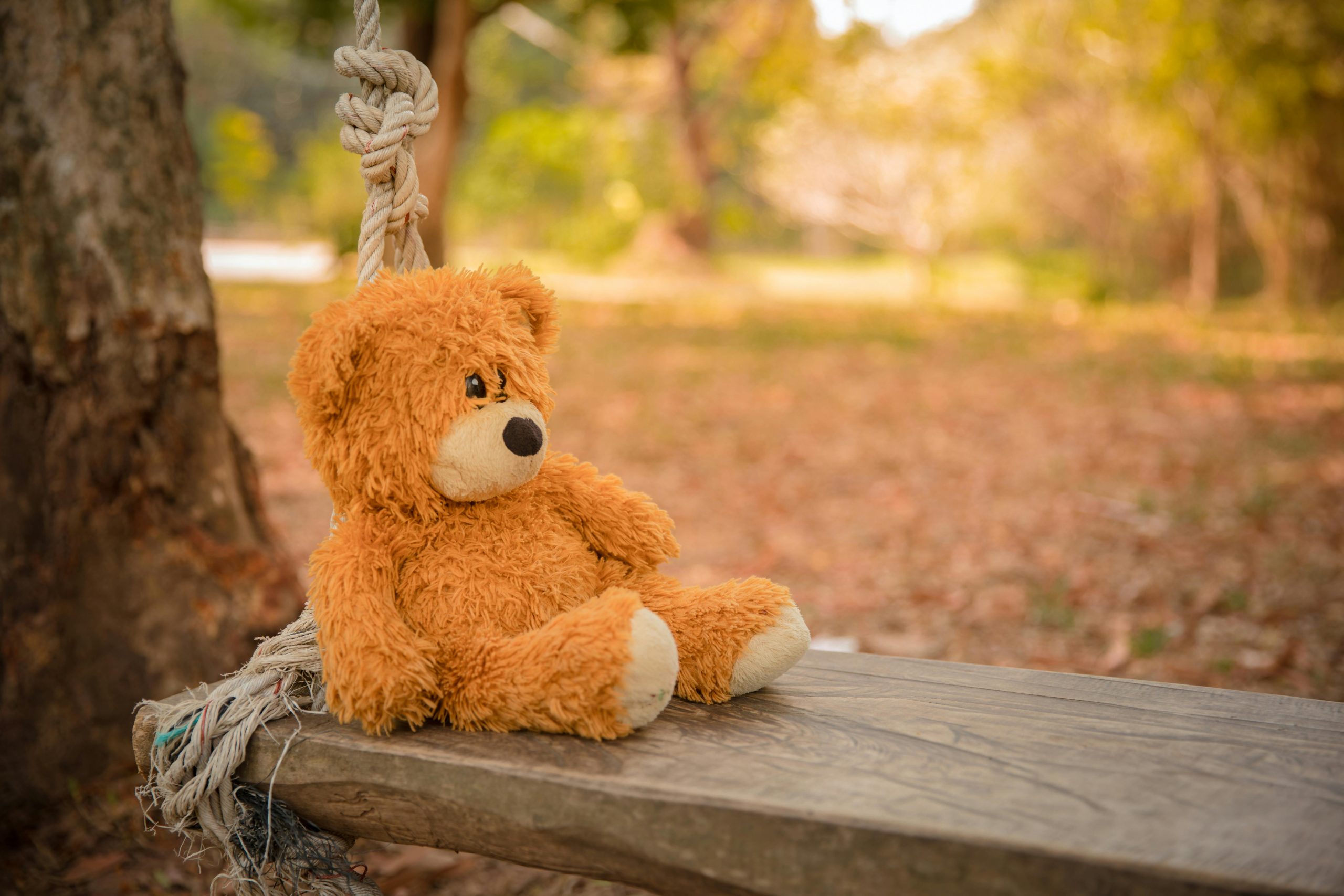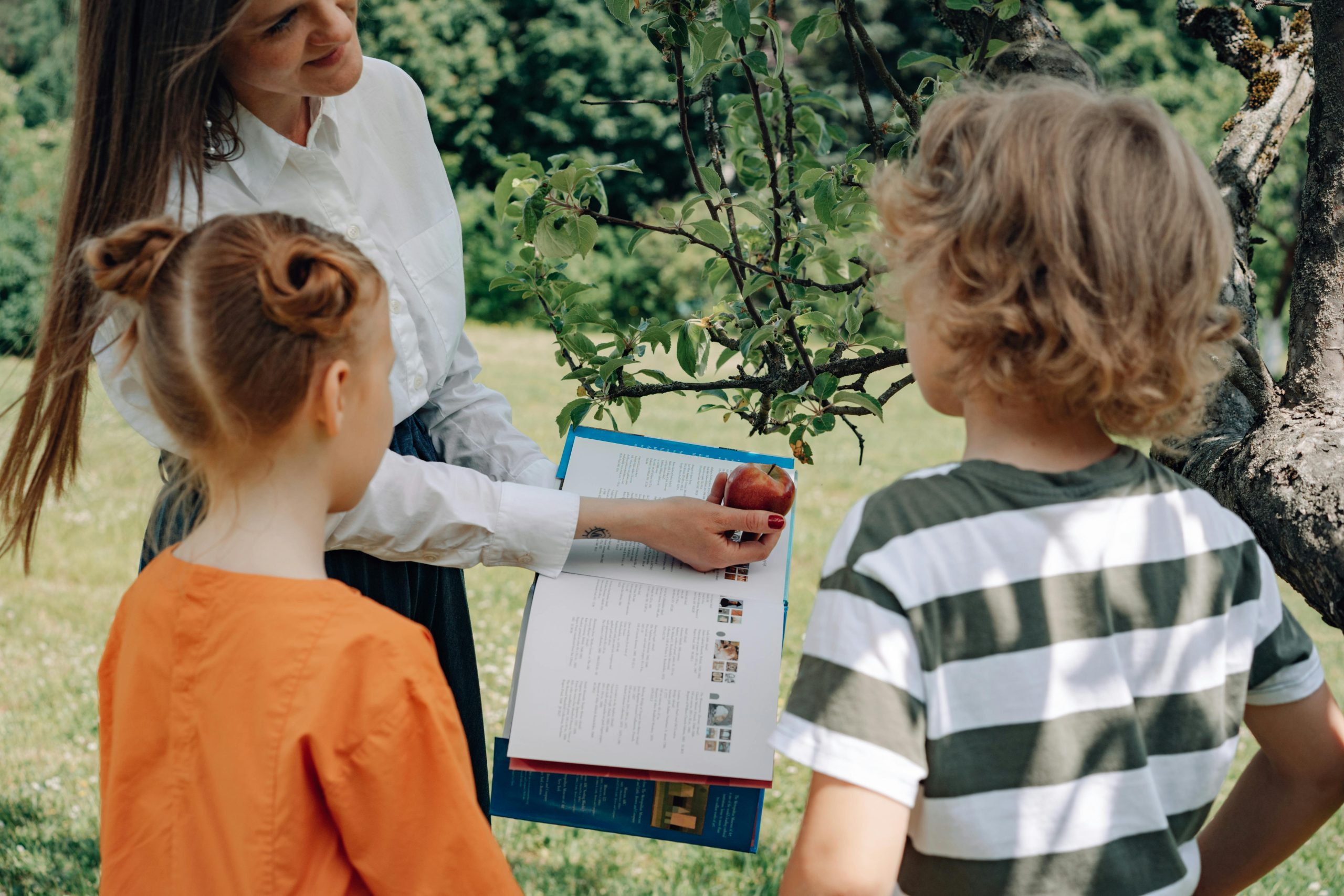Pre-Trip Tips
If you are pro-active and reading this before your trip goes out, that’s great! Taking some small measures before your trip gets underway can make a big difference.
- Share information with students: the more excited they are, the less anxious they are likely to feel. Talk through the itinerary and highlight the most exciting activities, and show photos of the destination to help make it feel familiar.
- Suggest bringing a home comfort: age-appropriate, of course! A small keepsake like a photo or teddy can be a huge source of comfort.
- Get parents onboard: as part of your communication with parents, it’s a good idea to explore the potential for homesickness on school trips with them. After all, the parents are more likely to know whether their child is feeling anxious about the trip. There is loads of great advice out there on how parents can prepare for this, so I won’t go too deep into this, but this is a great place to start.

On-Trip Support
Each case of homesickness is different, but here are some strategies I’ve used with success, especially during bedtime, which is often the hardest time for students.
- Communication: as a teacher you’ll know how important this is!
- If a student tells you they’re homesick or anxious, don’t dismiss their worries. Let them know that many people feel homesick, and it’s OK to be sad about it.
- Reassure them with the support that is available to them, and encourage them in any way you can.
- Try to speak with each child individually in some way on a daily basis – for larger trips share this responsibility between the staff.

- Activities: the best advice for dealing with homesickness is to keep the students busy!
- Make sure to plan an exciting itinerary with activities that everyone can be involved in. You need some downtime too, of course, but don’t give too much of this! The TripPA Itinerary Manager will help to keep your busy trip organised.
- Why not kick off with a fun ice-breaker or team-building activity? These can alleviate those start-of-trip nerves!
- While it’s good to keep students busy, if a child is homesick you can let them know it’s OK to sit out and watch if it gets a little too much.
- For certain students, giving them responsibilities may keep them distracted from their homesickness. This could be keeping score in an activity, resetting equipment, being a timer etc.
- Groups and Rooms: for longer trips, you are probably arranging the students into day groups and into different overnight rooms (there is a handy feature on the TripPA app for this!). Make sure to consider these groupings and rooms carefully, as it can make a huge difference to some students (it’s best to plan this before the trip starts – talk to class teachers, form tutors, pastoral leads and the students themselves to work out what will work best).
- Routine: keeping a routine and sense of structure for the students, especially around bedtime, can really help.
- Coping Strategies: try to be prepared for students who may experience more serious anxiety and homesickness. Those students will often know what works best for them, but common coping strategies include journaling, drawing and mental activities like Happy Place Visualisation.
- Calling home: this is a tricky one! It’s important to have this option available for students, but allowing too much of it can perpetuate the sense of homesickness on the trip. In my experience, it has generally worked best to permit a small amount of scheduled phone time during which the students can call home. However, make sure to have the option available at any time for students who are really struggling to cope.
- Activities: the best advice for dealing with homesickness is to keep the students busy!
Got your own strategies for managing homesickness? We’d love to hear them, so share your tips with us on social media! And if you want to know more about how TripPA can help you organise and deliver your school trips, just get in touch.
Have a brilliant end to the summer term, and enjoy the trips ahead!





